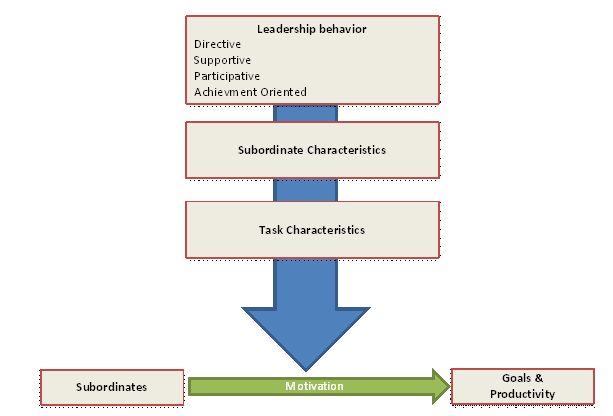Leaders come in all a variety of packages. Some are easily recognizable due to the title that they are afforded, such as the President of the United States or the CEO of a large corporation. There are others that are considered leaders due to their contributions to society. For many women they look to the tennis legend, Billie Jean King as a leader and role model for many changes that she has helped to facilitate since the kick-off of her professional career in the late 60’s and early 70’s.
Billie Jean did not come naturally to tennis, as she tells the story on her interview on TEDWomen (King, 2015). She started playing tennis at age 11 and when she was 12 years old she stated she had an epiphany, “I decided that what I really wanted to do was spend the rest of my life fighting for opportunities for equal rights for men and women and boys and girls.” (Dill, 2014) Billie Jean made good on her promise. She created the Women’s Tennis Association and helped to pave the way for equal prize money for women in sports (biography.com, 2016).
Kirkpatrick and Locke described a specific set of traits that they felt were apparent within a leader. Those traits are drive, desire to lead, honesty and integrity, self-confidence, cognitive ability, and knowledge of the business (Northouse, 2016). From that time when she was a 12-year-old girl who had just begun to play tennis and realizing that she also wanted to dedicate her life to helping others for equal rights, shows her motivation, ambition, passion and desire. Billie Jean made it a point to know her sport and was not afraid to ask the questions that others did not want to ask.
When one listens to Billie Jean talk about her life and her work in the new Billie Jean King Leadership Initiative, its clearly visible that she embodies these same traits. Her Initiative is to help pave the way for people to be authentic in every dimension of their life. As she stated in her interview, many people have 2 jobs and one of them is just trying to fit in every day at work (King, 2015). She believes that everyone should be able to just be themselves and be able to be accepted for this. She states that she has great hopes for the millennial generation. In her research and data, she has found that the millennials want connection, engagement, and solutions, which will help them to be problem solvers. Will that generation be able to make big changes? We will begin to discover this answer in the next 10-15 years as she reminds us that 75% of the global work force will be these millennials (King, 2015).
Billie Jean King has been influential in her years as an athlete and that has not diminished over the years, earning her the respect of many in not only in her sport of tennis, but in many others as well and she continues to be an inspiration for women everywhere.
References
biography.com. (2016). Billie Jean King. Retrieved from biography.com: http://www.biography.com/people/billie-jean-king-9364876
Dill, K. (2014, Nov 20). Billie Jean King Launches Initiative to Promote Diversity and Inclusion in the Workplace. Retrieved from forbes.com: http://www.forbes.com/sites/kathryndill/2014/11/20/billie-jean-king-launches-initiative-to-promote-diversity-and-inclusion-in-the-workplace/#42cf0ce13894
King, B. J. (2015, May). Billie Jean King: This tennis icon paved the way for women in sports. (Pat, Interviewer) https://www.ted.com/talks/billie_jean_king_this_tennis_icon_paved_the_way_for_women_in_sports#t-650146
Northouse, P. G. (2016). Leadership: Theory and Practice. Thousand Oaks: Sage Publications, Inc.


